Introduction: Gazing Into Minds Imagine a world where a simple gaze determines whether you’re interacting with a human or a machine. In social interactions, eye contact and gaze behavior can convey complex meanings, from attraction and interest to avoidance and distrust. This is the intriguing premise explored in the research paper, “A Non-Verbal Turing Test: […]
Category: Research and analysis methods
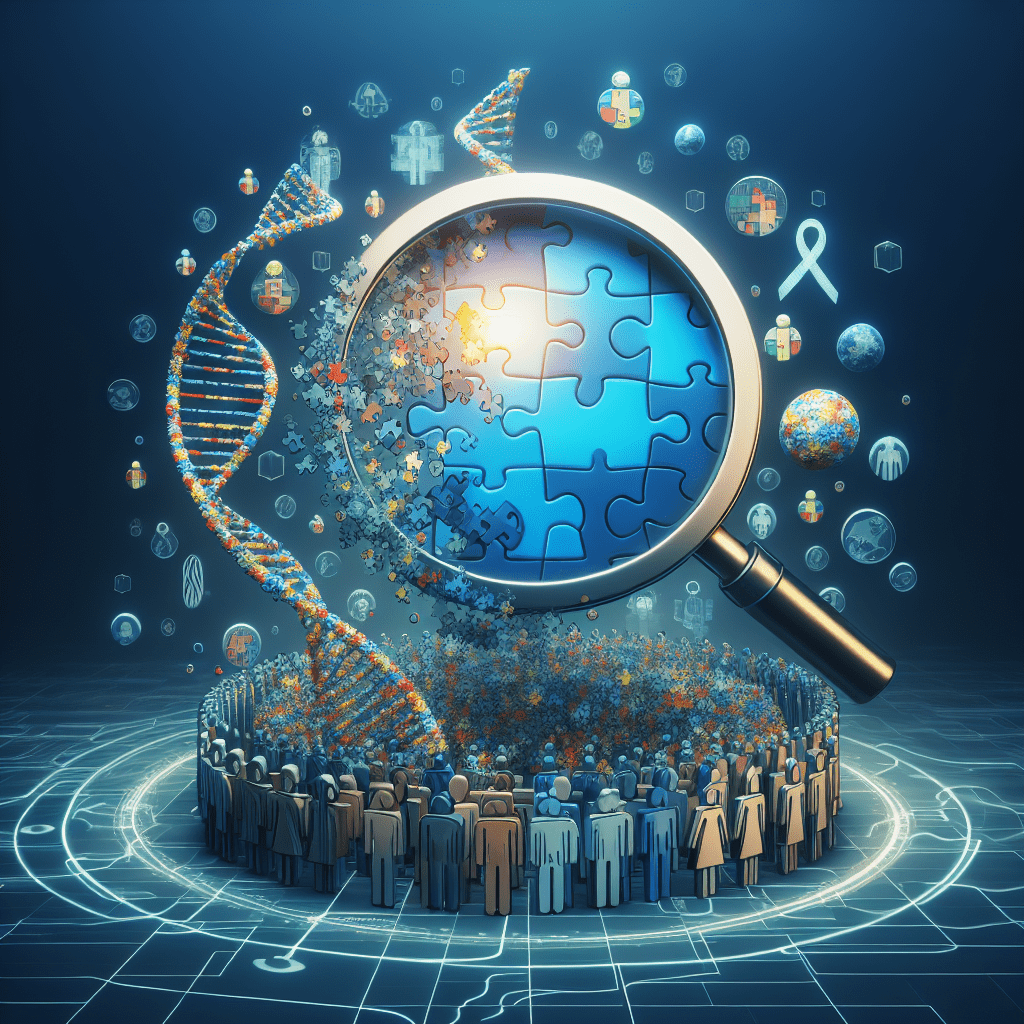
Cracking the Genetic Code of Autism: Insights from Chinese Han Population
Introduction: Navigating the Complex Puzzle of Autism Imagine standing before a vast, intricate puzzle. Each piece represents a bit of knowledge, of yet unknown relevance to the others. This is how scientists understand the genetic maze behind autism spectrum disorder (ASD). Autism is a complex and deeply challenging condition affecting how individuals communicate, behave, and […]
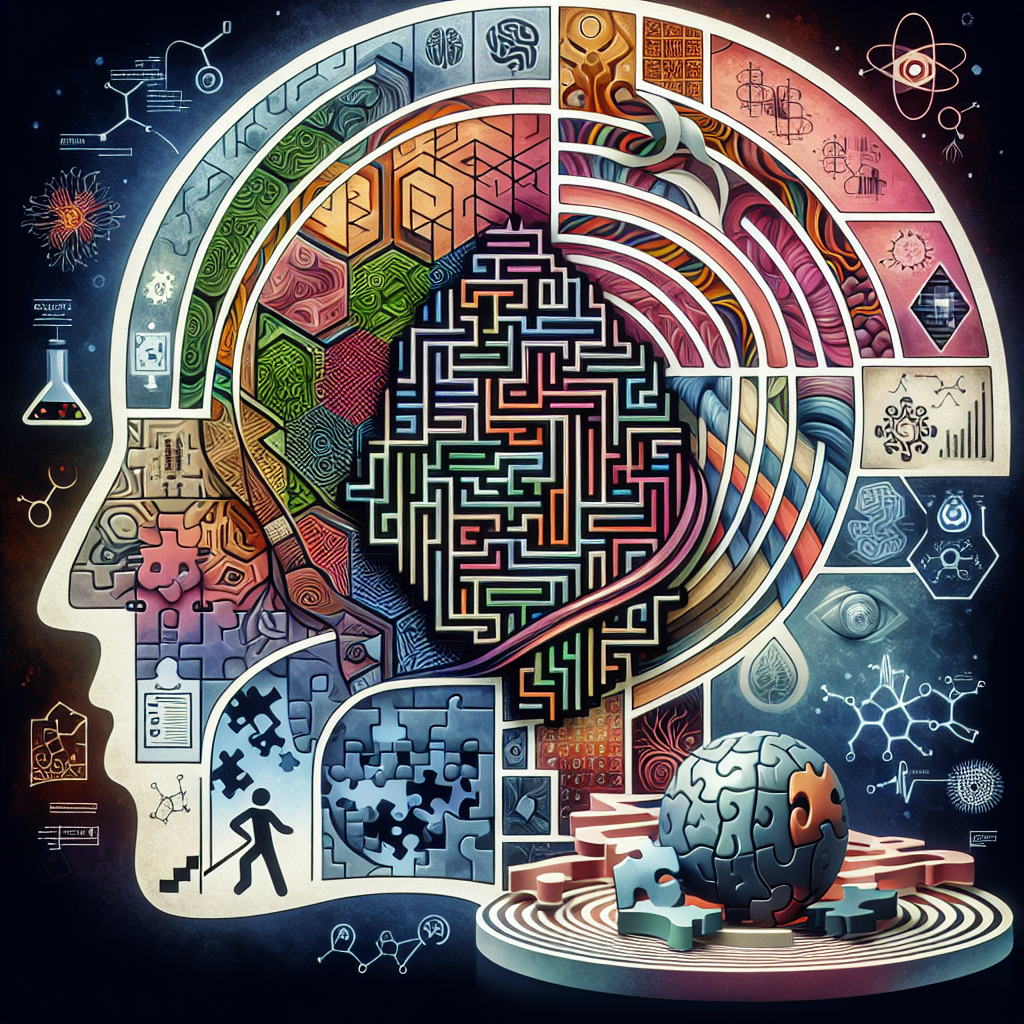
Exploring the Genetic Blueprint of Intelligence: The BDNF Puzzle and Traumatic Brain Injury Recovery
Introduction: The Brain’s Resilience Unveiled Imagine a computer that not only repairs itself when damaged but also continuously updates its software to enhance performance; this is, in many ways, analogous to how the human brain works. The mysteries of our mind’s recovery and adaptability, especially after severe injuries, have long captivated scientists and psychologists alike. […]
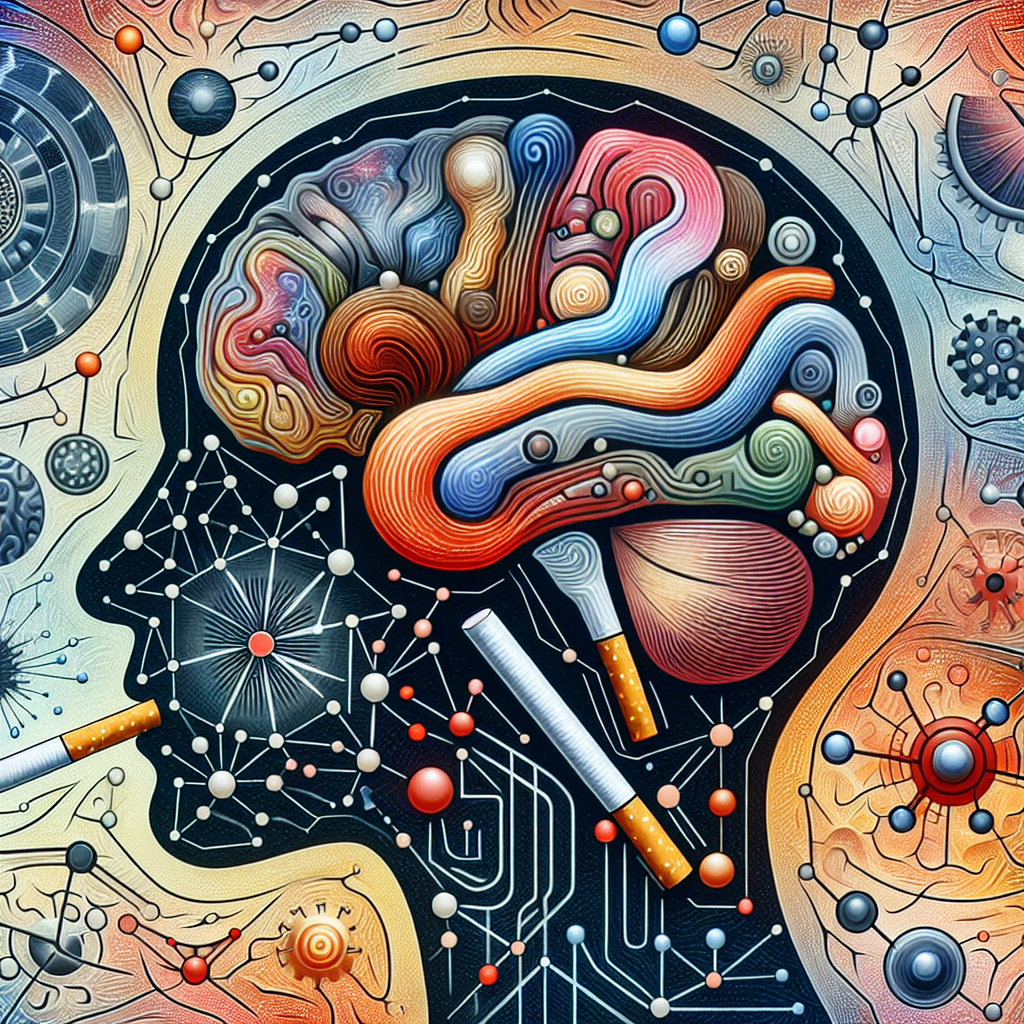
A Smoker’s Mind: Unraveling How Nicotine Impacts Brain Structure**
## Introduction Imagine lighting up a cigarette and taking a long, deep inhalation. As nicotine enters your system, did you ever stop to think about what it’s doing to your brain? While many are aware of the risks smoking poses to lung health, few consider its profound effects on the brain. Smoking is a widespread […]
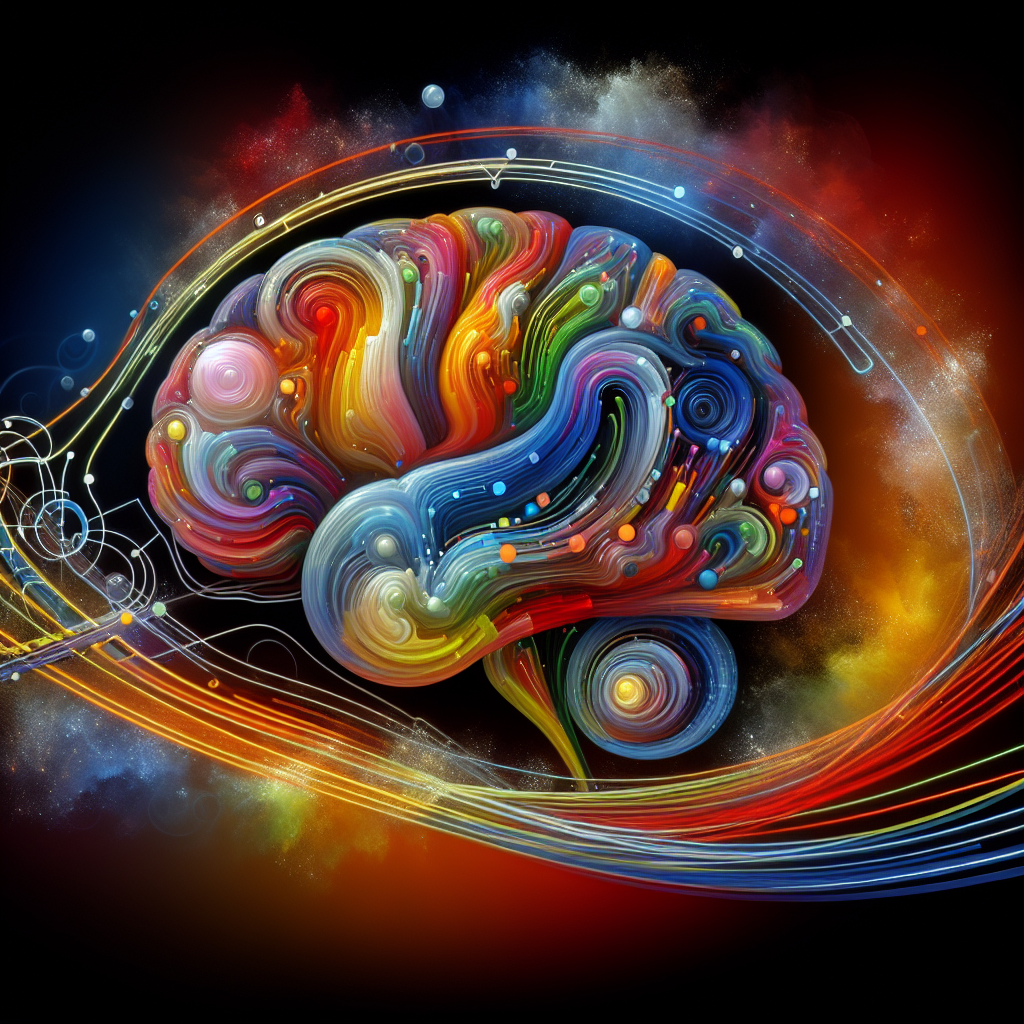
Unraveling the Chemistry of Character: A Journey through Brain Biochemistry and Personality**
Introduction Ever pondered why some people are naturally outgoing while others prefer the sanctity of their solitude? Or why some of us are fretful worrywarts whereas others let life’s annoyances roll off like water on a duck’s back? While the questions concerning human personality stretch back centuries, modern science is now turning to one of […]
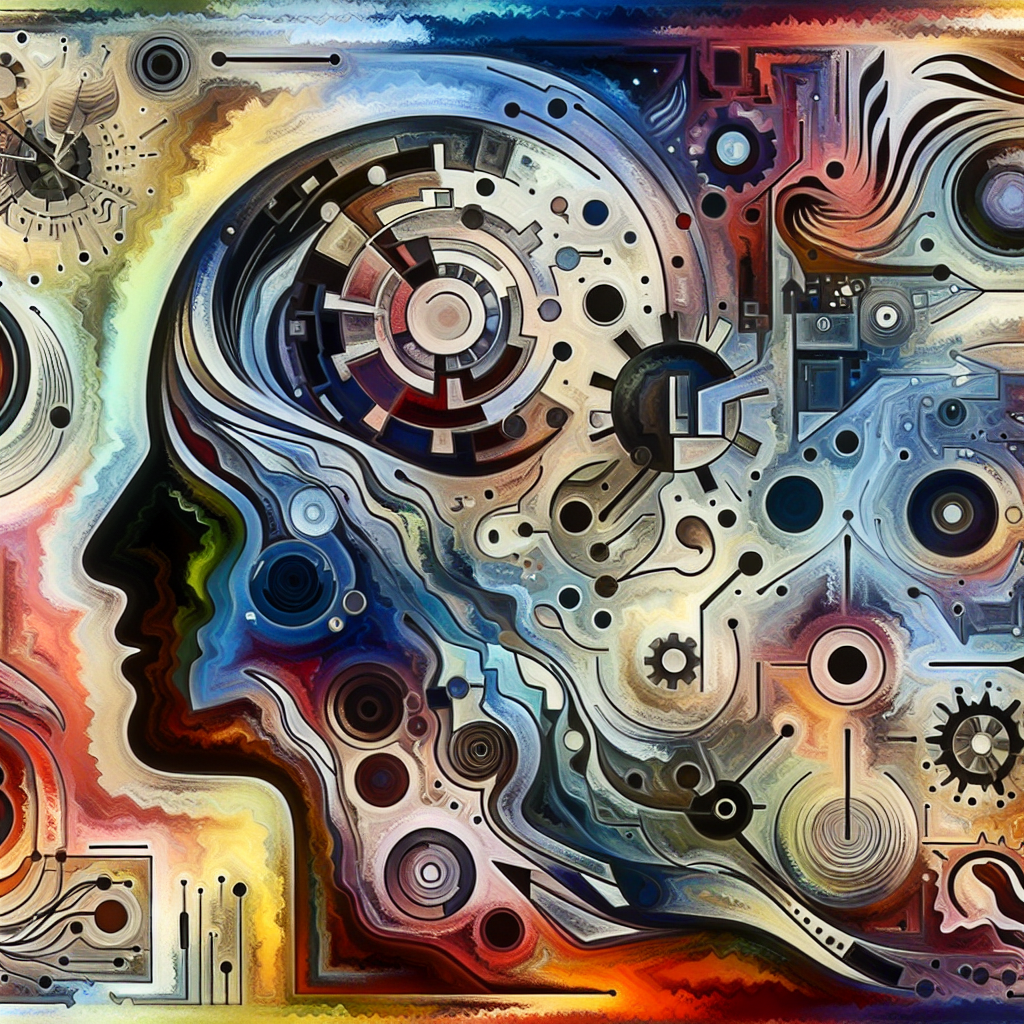
The Emotional Landscape of Pain: How Visualization Awakens the Mind
Introduction: The Unexpected Power of Visualization Close your eyes for a moment and picture yourself lifting a heavy suitcase. As you strain under its weight, your lower back begins to ache, recalling a sense of discomfort from a long-forgotten memory. You feel the pinch, the sting, and perhaps—a profound sense of unease. This mental journey […]
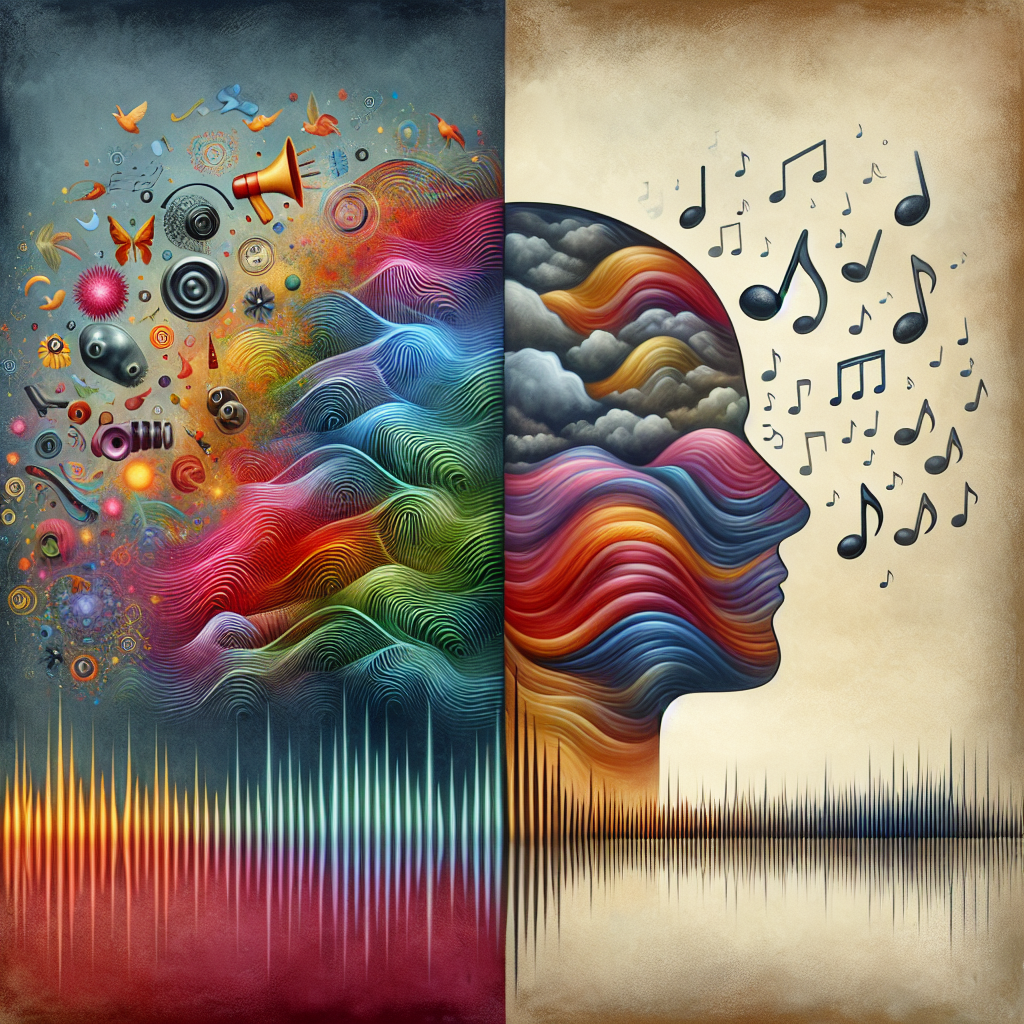
The Mind’s Whisper: Decoding the Neural Differences Between Tinnitus and Hearing Loss
Introduction Imagine a world where your own mind conjures a persistent sound, a phantom noise that no one else can hear. For millions, this unsettling phenomenon called tinnitus is a daily reality. Meanwhile, overcoming the silence left by hearing impairment presents its unique challenges. Both conditions impact auditory perception, yet they unfold vastly different experiences. […]
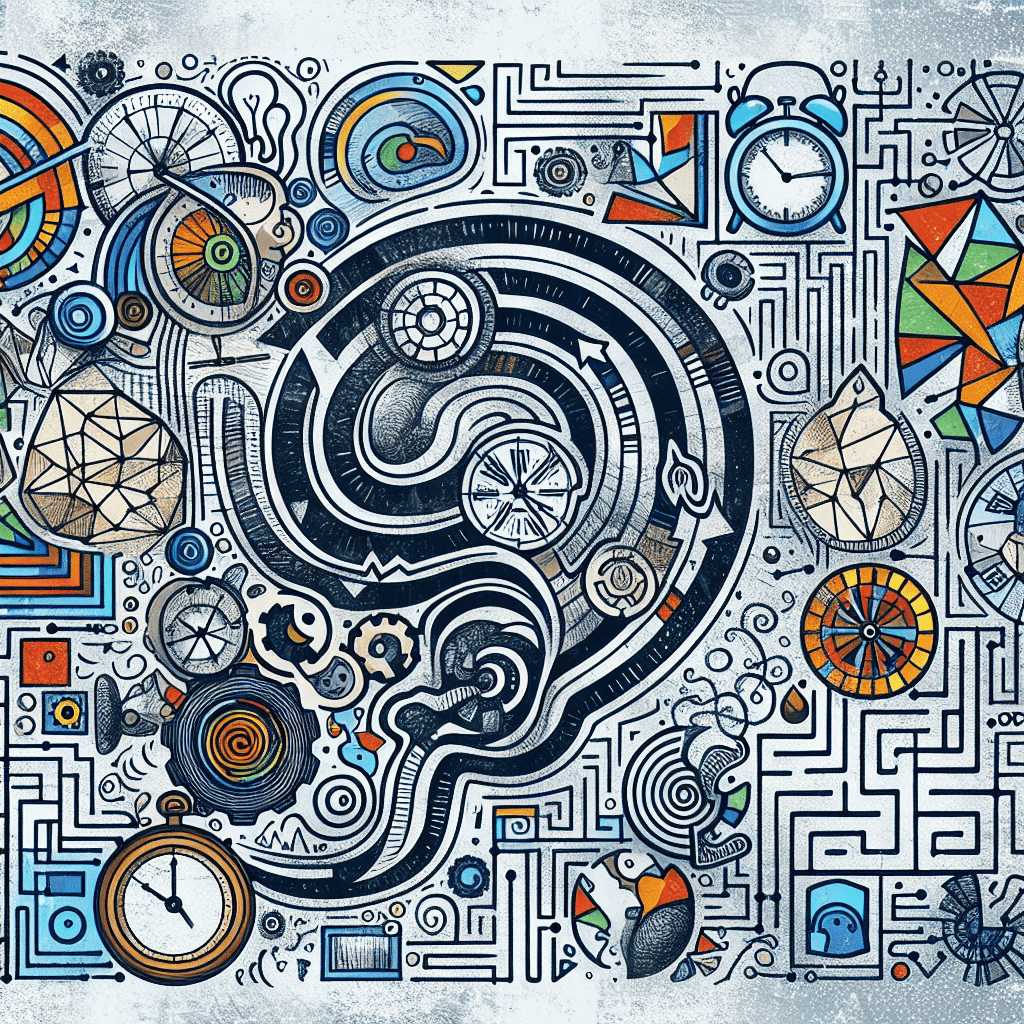
Time Lost and Found: Understanding Temporal Information in Schizophrenia
Introduction: Peeking into the Mind’s Clock Picture yourself walking into a grocery store. As you pick up items, you mentally arrange them by purpose and freshness – dairy to the front, pantry items at the back. Now imagine doing the same task while losing track of which aisles you’ve already walked through or forgetting what […]

Monkey See, Monkey Do: Understanding Visual Attention Through Rhesus Macaques
Introduction: A Glimpse Into the Monkey Mind Imagine you’re at a party. Amid the laughter and clinking glasses, your attention shifts constantly—from the animated storyteller across the room to the intriguing drama unfolding at the sofa. This unconscious process of deciding where to look and what to watch is a dance between your social instincts […]
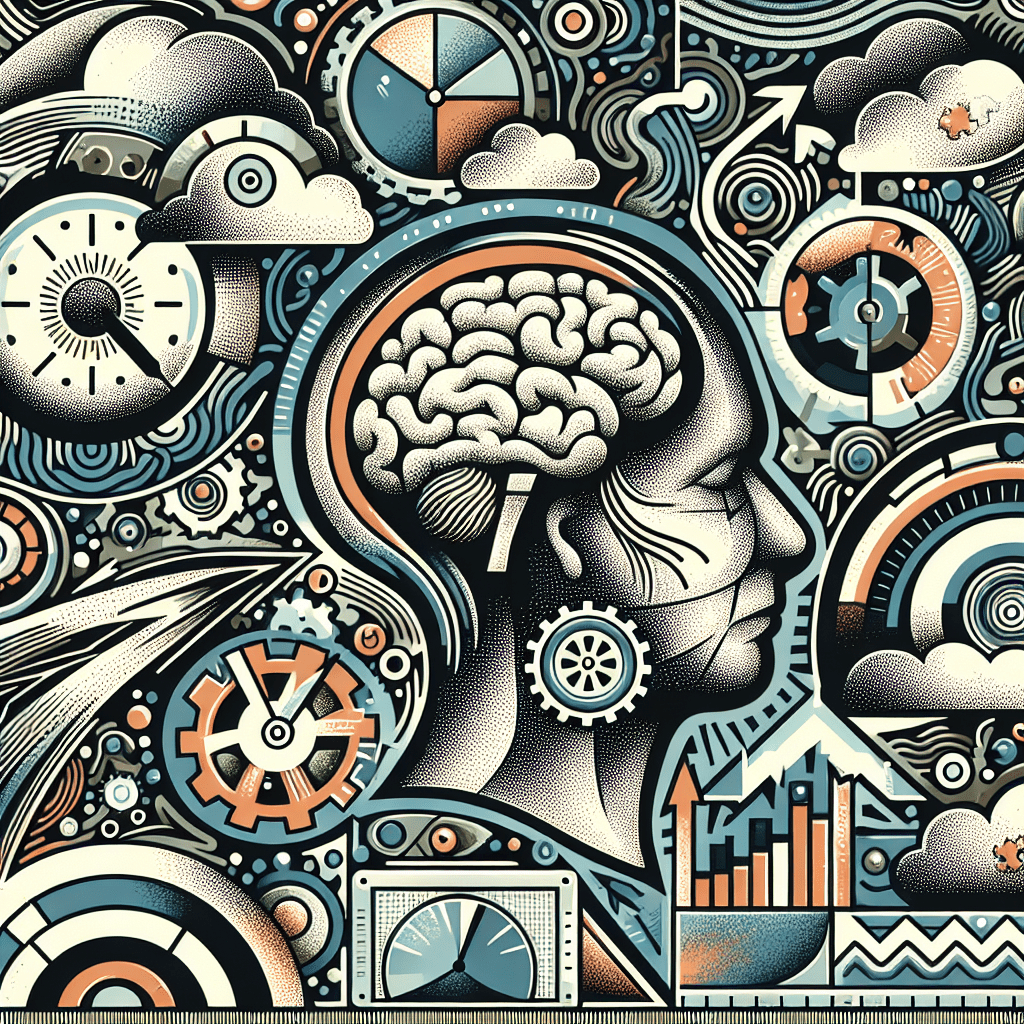
The Eternal Question: Does Age Protect Us from Mental Fatigue?
## Introduction: The Mind’s Secret Battle Picture this: you’ve been hard at work, juggling tasks, making decisions, or resisting that tempting dessert. By the end of it, your energy is drained, and tasks that would normally be a breeze start to feel like climbing a mountain. This mental fatigue is what psychologists call self-regulation depletion […]
